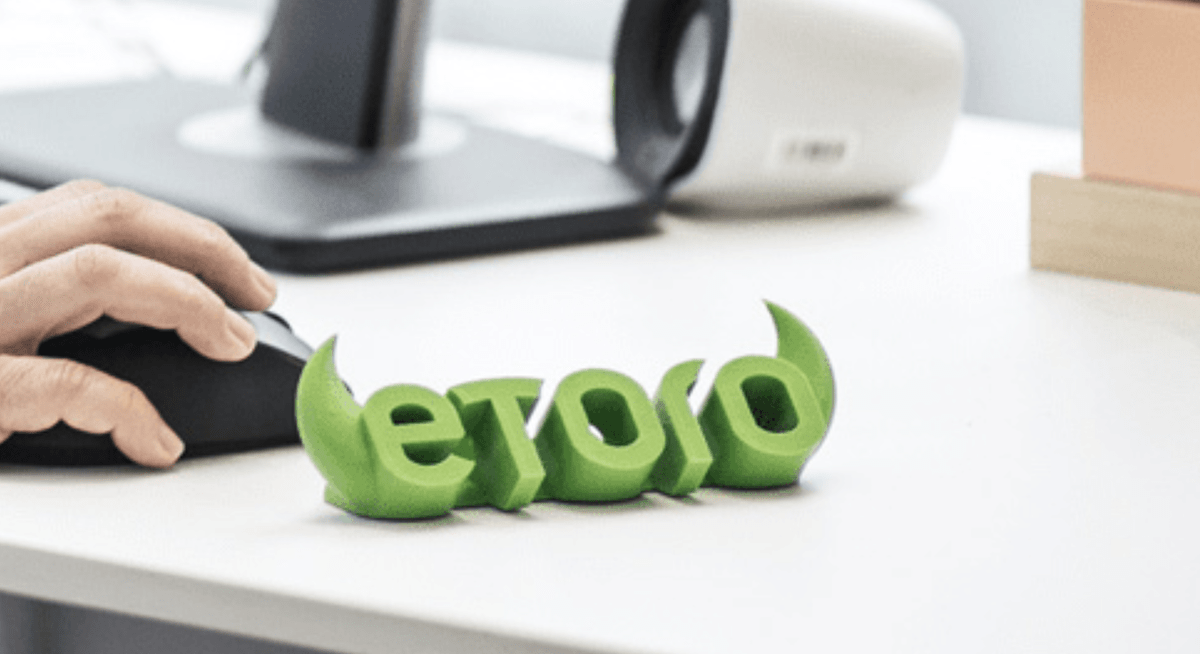
In the midst of market volatility and economic uncertainty, the last quarterly retail investor struck from the e -broker Etoro reveals that retail investors see gold as the number one compensation in response to a weaker dollar.
The study, which examined 10,000 retail investors in 12 countries, revealed that almost half (48%) of retail investors has either adapted or planned to adjust their portfolios pending a weaker US dollar. When asked about their strategies for the distribution of assets pending a weaker US dollar, the most commonly mentioned answer was to invest more in gold, reported by 29% of retail investors.
Following a decrease in US reserves (25%), increased investment in non -US (24%) reserves and maintaining more secret money (24%).
The feeling of investors to gold is swollen, with the majority (57%) expecting to raise gold prices for the next 6-12 months. 45% of retail investors already hold gold positions, with half of them began to invest in gold in the last two years. Among those who are not currently invested in gold, 27% examine it.
Retail investors trust in the US as the area with the strongest long -term performance is decreasing. From 45% in the third quarter 2024, confidence decreased to 34% in the third quarter 2025, confirming the ongoing shift. Only the newest team of retail investors, Gen Z, maintains the same level of optimism (45% in the third quarter 2025 compared to 46% at the end of 2024).
On the contrary, the feeling to Europe is improving, with 29% of investors seeing it as the area with the strongest long -term performance, from 20% in the last quarter of 2024.
The latest Beat retail investor shows that more than a quarter (26%) of retail investors are now seeing the situation of the global economy and the possible recession as the biggest threat to their investment, 18% a year ago. On the contrary, inflation – the top concern a year ago – now ranks second in 19%, marking a significant rearrangement of investor fears.
The generational analysis shows that Gen X and Baby Boomers are more concerned about a possible recession (30% each), while Gen Z and Millennials continue to see inflation as a primary risk (23% each).
Commenting on the data, Etoro’s World Market General Lale Akoner said:
“Given the size of market fluctuations in the first months of 2025, it is not surprising that investors are increasingly cautious about the global macroeconomic situation.

